Cheltenham Science Festival is a 6-day celebration of science, jam-packed with thought-provoking discussions, energetic schools shows, hands-on workshops, mind-blowing performances and interactive exhibitions
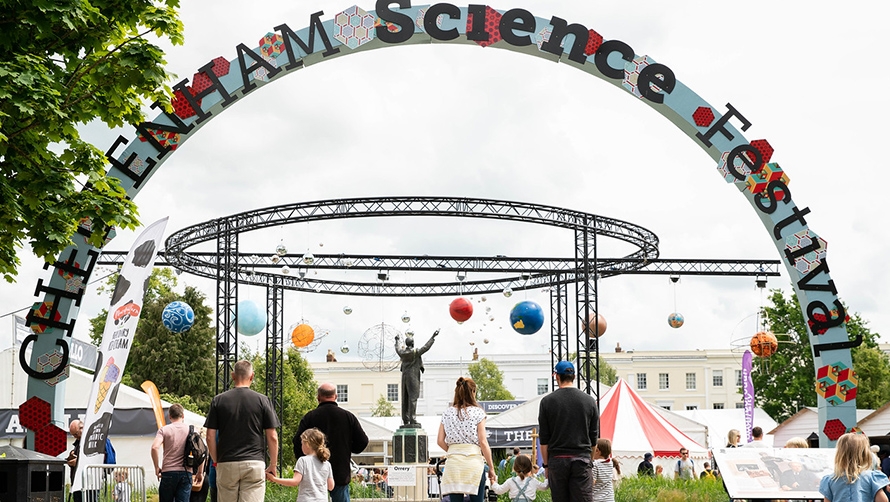
2019’s programme featured 200 events and 68 school events with the best scientists, thinkers and writers, celebrating a host of anniversaries including the Apollo moon landing and Periodic Table’s 150th birthday. Over 43,800 tickets were issued and over 48,000 engaged visitors enjoyed free interactive activities at the Festival Village, and in the town centre.
From 2 – 7 June 2020, the beautiful regency town of Cheltenham will welcome schools, families and adults to join scientists, engineers, comedians, writers, mathematicians, performers and other science enthusiasts to explore the world around them in new ways. The Festival primarily takes place in the Cheltenham Town Hall and on Imperial Gardens.
“I’m an avid fan of Cheltenham Science Festival. It is, without doubt, the premier science festival in the country because it is supported by pretty much everyone who cares about promoting science in Britain.” Professor Brian Cox
You can apply separately to be part of the schools programme, adult and family programme, interactive zones and festival village or around Cheltenham town.
Application Forms and Deadlines
Find out more here and click through to the links below to apply
Schools events: 9am Monday 16 September 2019
Adult and family events: Midday Friday 18 October 2019
Festival site and around town activities: Midday Friday 22 November 2019
Interactive zones: Midday Friday 20 December 2019
Partnership packages
Bespoke partnership packages are available to include event sponsorship, venue sponsorship, interactive hands-on activities, audience/public engagement, branding opportunities and much more…
Are you interested to work collaboratively, showcasing your work and partnering with a leading UK Science Festival?
Contact partnerships@cheltenhamfestivals.com or call 01242 537256
Alternatively you can contact Adam Morris (Engagement Officer) if you would like advice on planning an activity or submitting your application
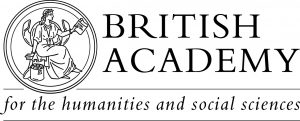
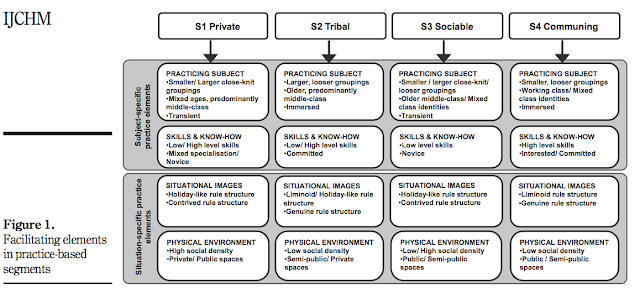


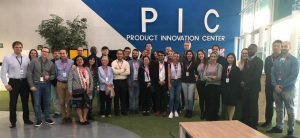
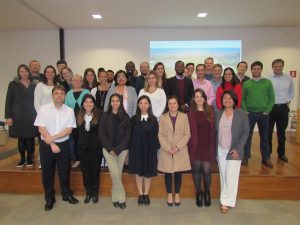
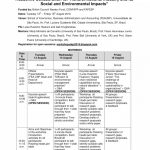
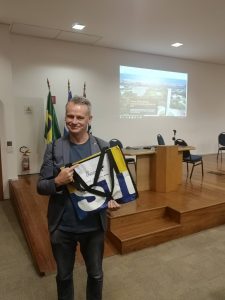


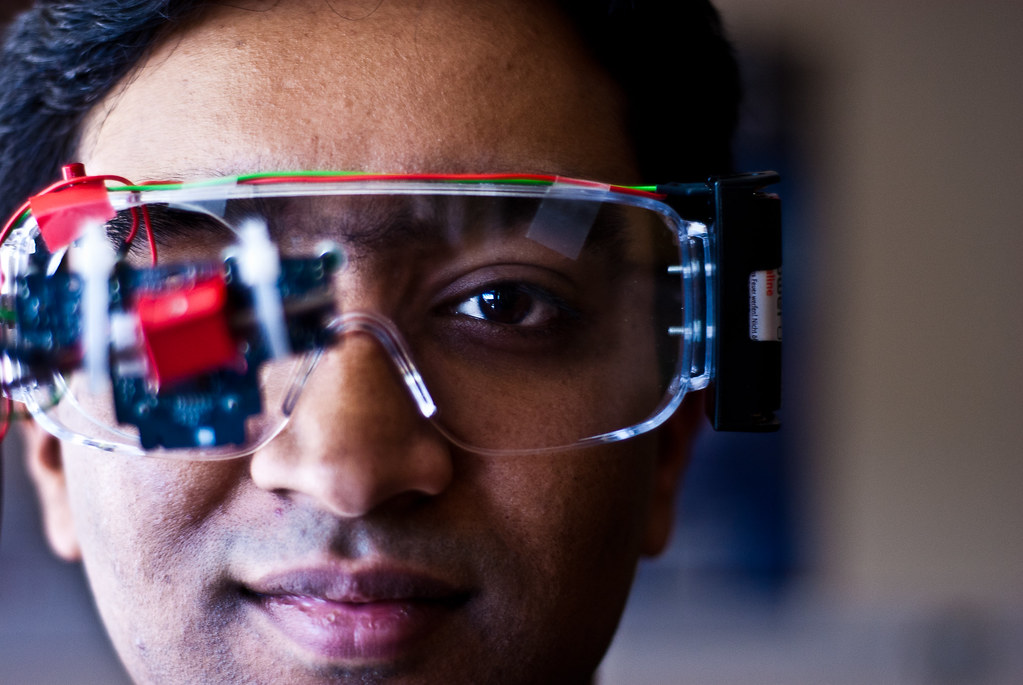


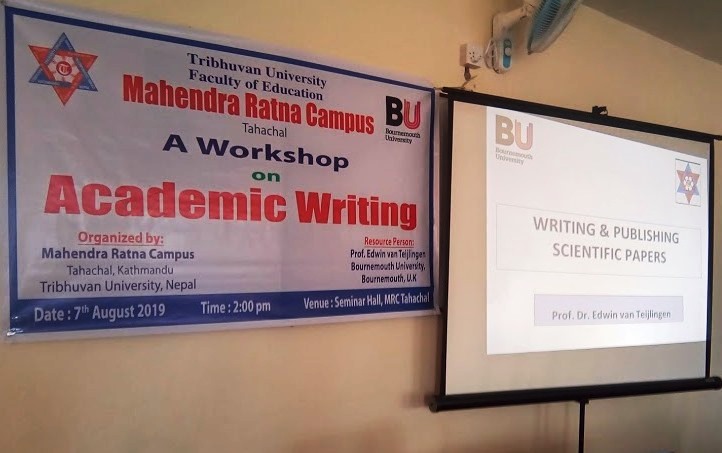

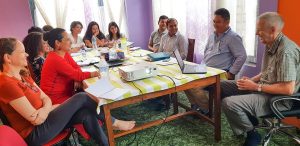



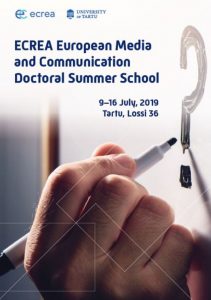 Daniel Hills (FMC PGR) has recently returned from the European Communication Research and Education Association (ECREA) European Media and Communication Doctoral Summer School. This year it was held at Tartu University, Estonia between 9th to 16th July.
Daniel Hills (FMC PGR) has recently returned from the European Communication Research and Education Association (ECREA) European Media and Communication Doctoral Summer School. This year it was held at Tartu University, Estonia between 9th to 16th July. 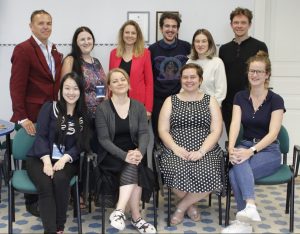 I gained a great deal of insights, useful techniques and a re-ignition of enthusiasm towards my research throughout the 8 days, and would encourage anybody whom is more than a year into their research to apply for the 2020 version. I graduated with 10 ECTS points on the final day, but more importantly new-found knowledge and a new direction to progress with my PhD, and a whole lot of new friends and peers. I am planning on writing a paper with one of my new friends whom is interested in a similar field to my own. All in all, the ECREA European Media and Communication Doctoral Summer School has been one of the most useful academic experiences of my career to date.
I gained a great deal of insights, useful techniques and a re-ignition of enthusiasm towards my research throughout the 8 days, and would encourage anybody whom is more than a year into their research to apply for the 2020 version. I graduated with 10 ECTS points on the final day, but more importantly new-found knowledge and a new direction to progress with my PhD, and a whole lot of new friends and peers. I am planning on writing a paper with one of my new friends whom is interested in a similar field to my own. All in all, the ECREA European Media and Communication Doctoral Summer School has been one of the most useful academic experiences of my career to date. Daniel Hills is a PhD researcher in the Faculty of Media and Communication at Bournemouth University, and is focusing his research in advertising planning and practice theory, aiming to complete in 2020.
Daniel Hills is a PhD researcher in the Faculty of Media and Communication at Bournemouth University, and is focusing his research in advertising planning and practice theory, aiming to complete in 2020.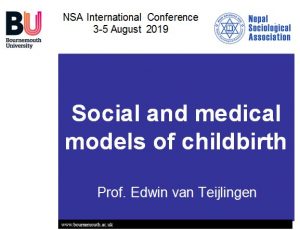
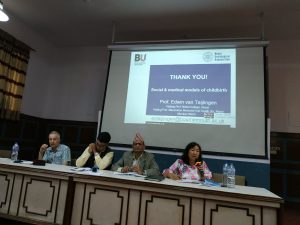
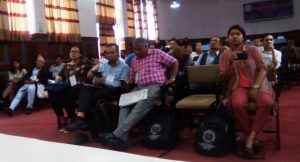
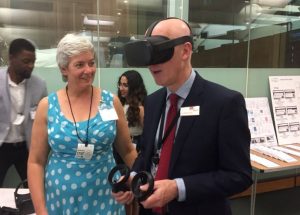
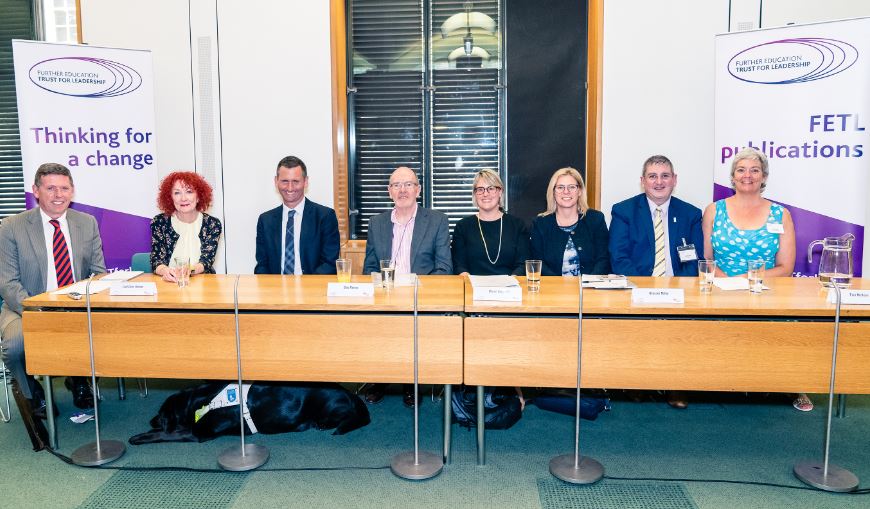
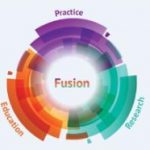
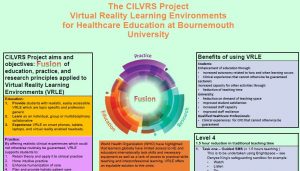
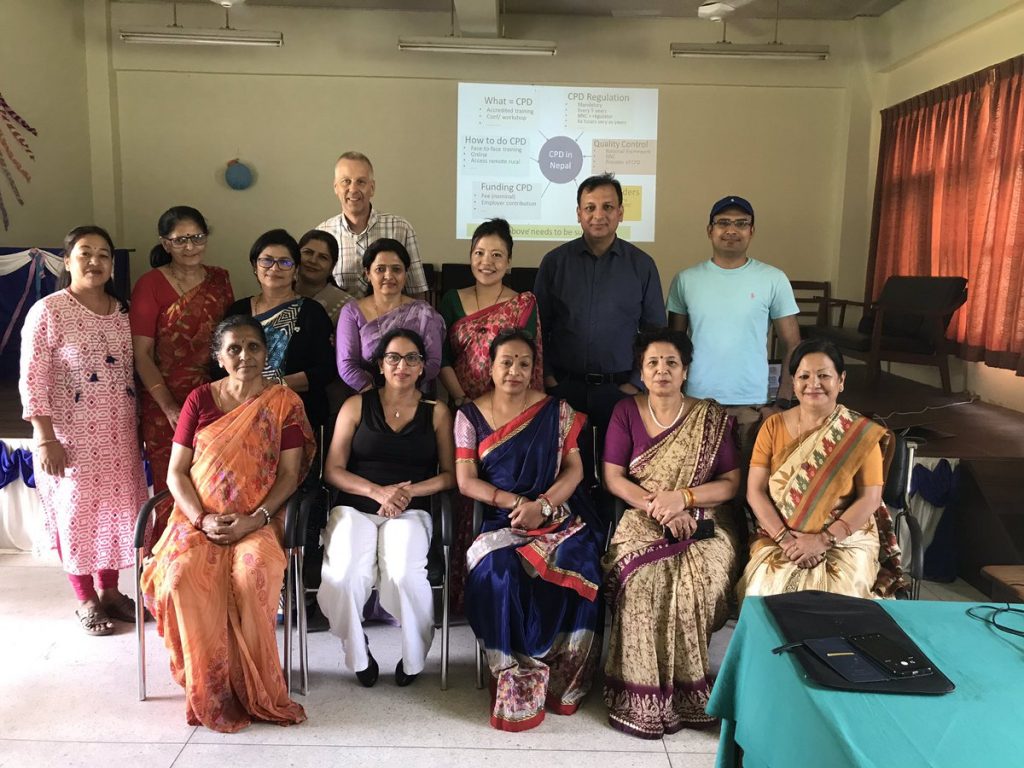
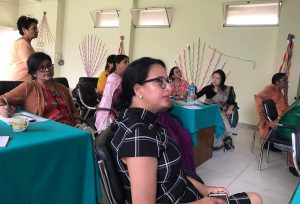
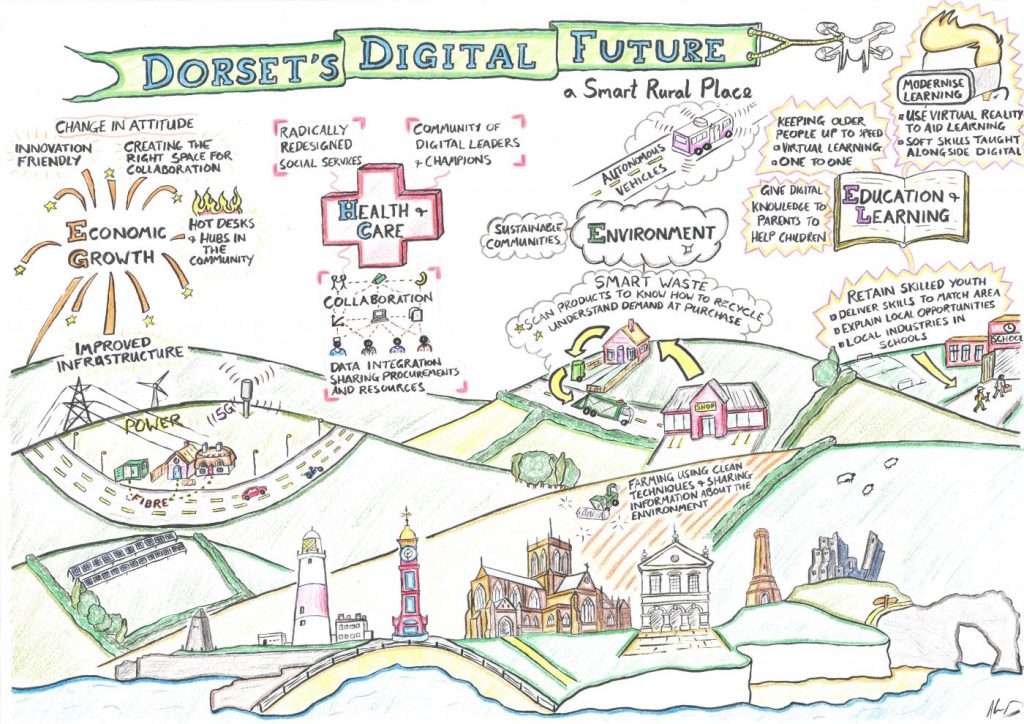
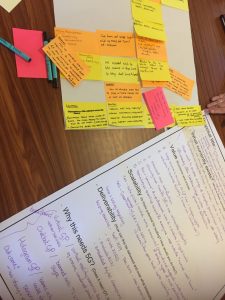
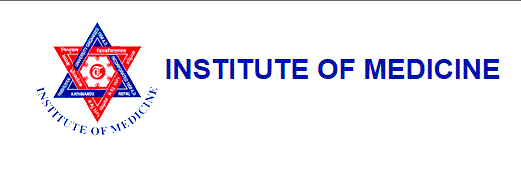
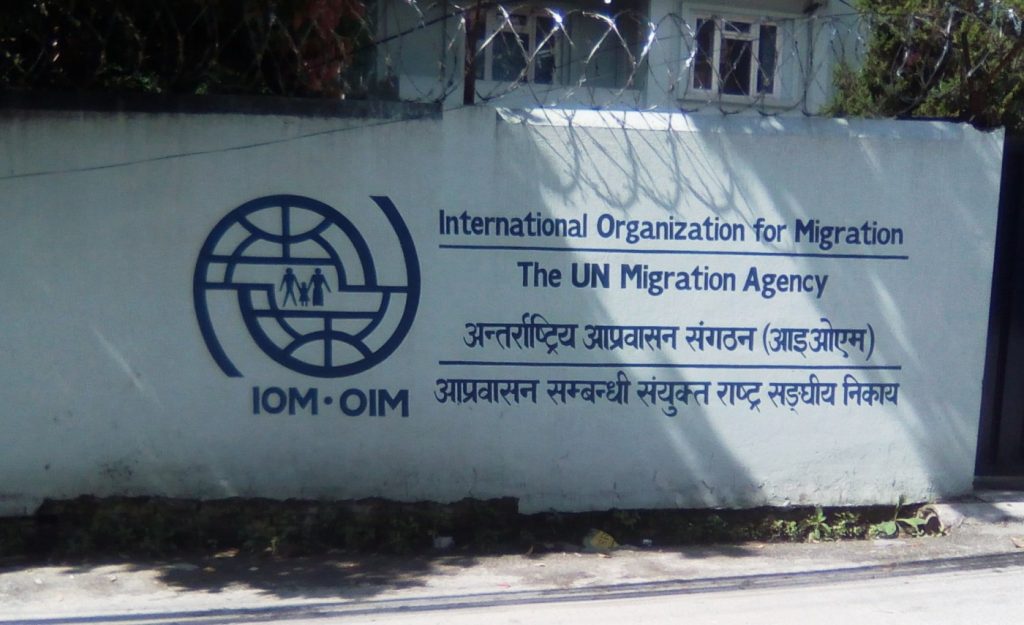











 FHSS academics teaching in Nepal
FHSS academics teaching in Nepal New weight change BU paper
New weight change BU paper One week to go! | The 16th Annual Postgraduate Research Conference
One week to go! | The 16th Annual Postgraduate Research Conference Geography and Environmental Studies academics – would you like to get more involved in preparing our next REF submission?
Geography and Environmental Studies academics – would you like to get more involved in preparing our next REF submission? Congratulations to three former BU staff
Congratulations to three former BU staff MSCA Staff Exchanges 2024 Call – internal deadline
MSCA Staff Exchanges 2024 Call – internal deadline Applications are now open for 2025 ESRC Postdoctoral Fellowships!
Applications are now open for 2025 ESRC Postdoctoral Fellowships! Horizon Europe – ERC CoG and MSCA SE webinars
Horizon Europe – ERC CoG and MSCA SE webinars MaGMap: Mass Grave Mapping
MaGMap: Mass Grave Mapping ERC grants – series of webinars
ERC grants – series of webinars